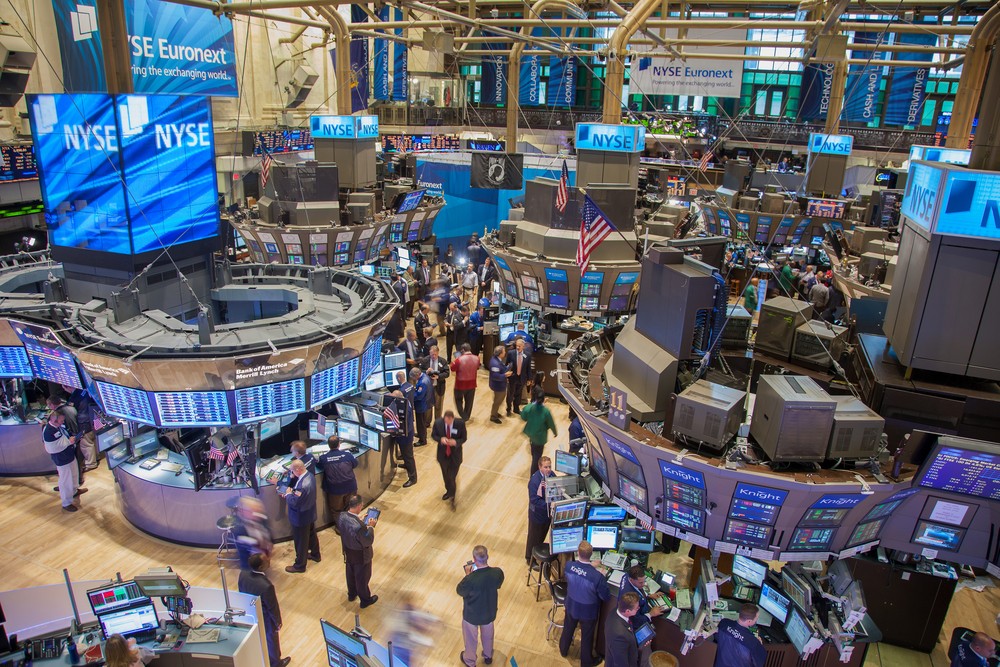- Hub
- Data Analysis
- Community
- Legal
- Support
Light
Dark
System
 INVESTOR BILL OF RIGHTSJoin our movement for Transparency, Simplicity, Choice & Control, Best Execution, and Better Settlement & Clearing
INVESTOR BILL OF RIGHTSJoin our movement for Transparency, Simplicity, Choice & Control, Best Execution, and Better Settlement & Clearing
Appearance
- SPYSPY
1.02%
- QQQQQQ
1.21%
- DIADIA
1.62%
- IWMIWM
1.56%
- VXZVXZ
1.23%


Connect Accounts for Access
Connect your brokerage or transfer agent accounts to unlock access to exclusive verified shareholder communities.



Welcome to Urvin!
Whether you're new here, or brushing up on your skills, the Start Here community is a place for you to find your feet before diving deeper in to Urvin. And this is your definitive guide!
If you're interested in learning more about the features of this site, you can check out the Feature Features series 👇
Part 2- Real Time SIP Data Feed
Part 3- Market Component
Part 4- News Banner Component
Part 5- Watchlist
Part 6- Portfolio
Part 7- Communities
Part 8- Top Movers in Watchlist
Part 9- Your Portfolio
Part 10- Market Now Component
Part 11- Short Metrics Component
Part 12- News Component
Part 13- Community Component
Part 14- Connect Portfolio Component
Part 15- Mentions Component
Part 16- Gainers Losers Component
Part 17- Hive Mind Component
For more educational information, check out these resources
You can join the Urvin Ed community
You can follow Urvin Ed's profile
Check out the Markets 101 series
Verified Shareholder Communities
Verified Shareholder Communities are here!
For more information on how VSCs work, check out the Markets 101 piece.
Urvin's Connected Accounts Security Disclosure
Our connected accounts security disclosure can be found here.
There are no securities yet, add your first one by clicking star icon on any security
You don't have any connected portfolios yet. Please start by connecting a portfolio.